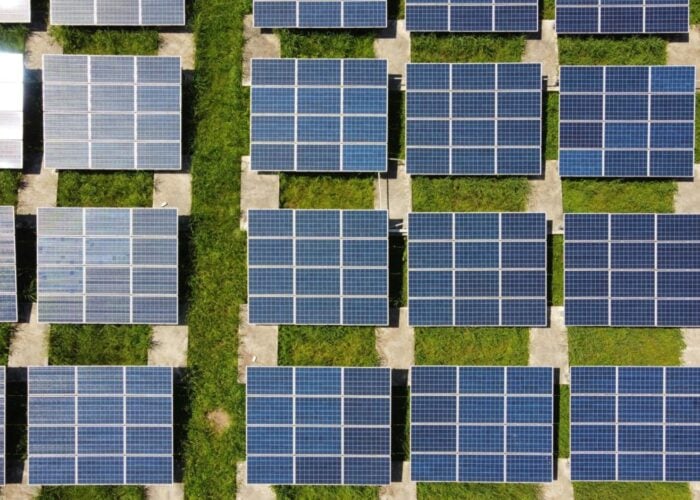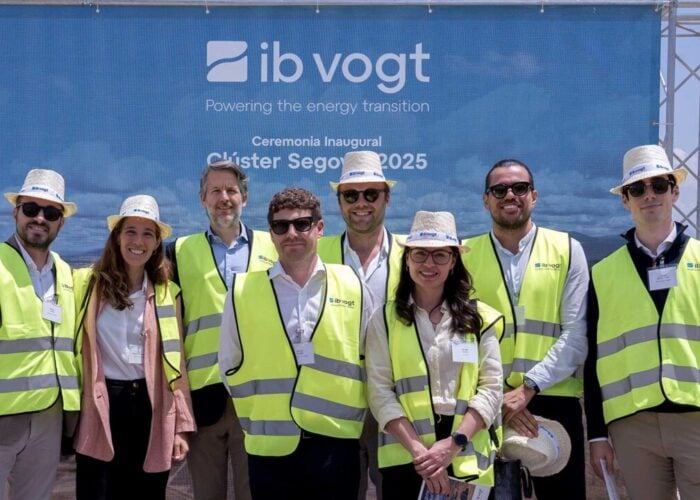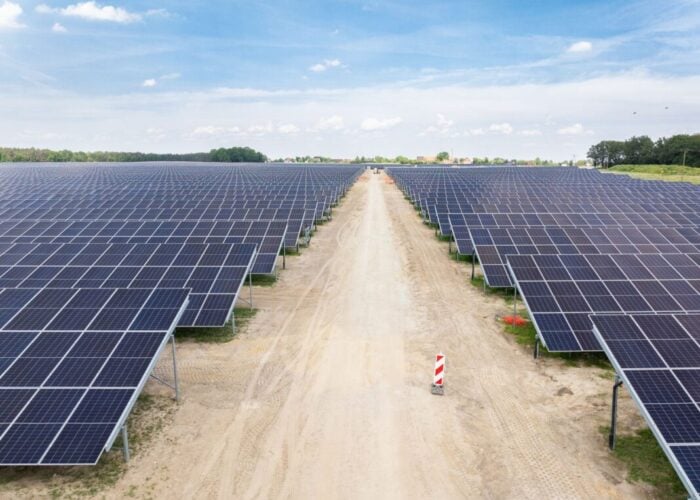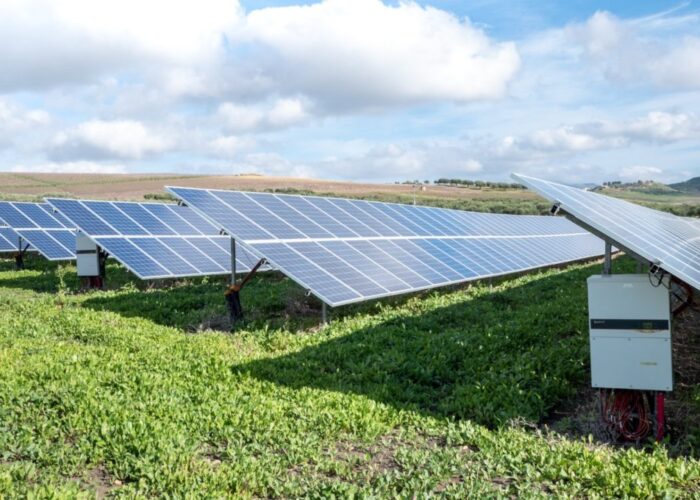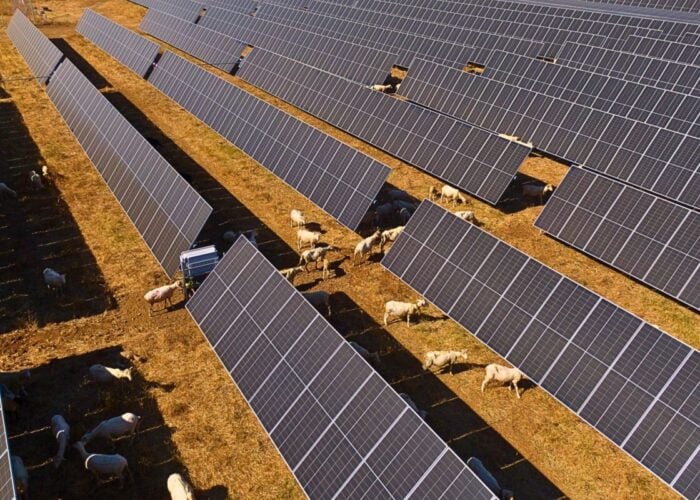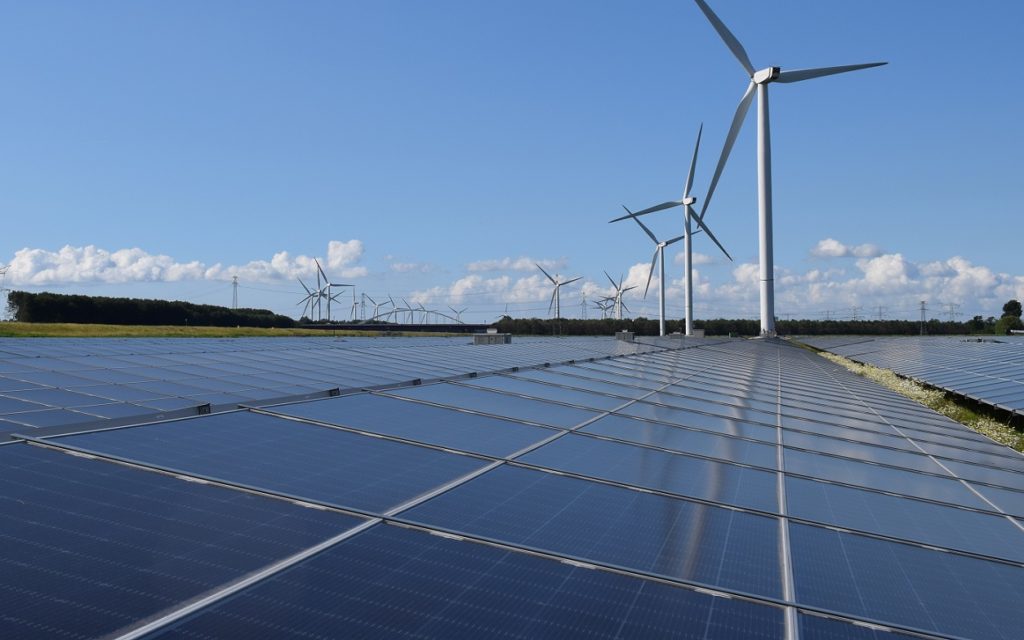
The European Union (EU) generated a record 12% of its electricity from solar between May and August 2022, a report from think tank Ember has revealed.
With solar share records broken in 18 EU member states, the bloc as a whole generated 99.4TWh of solar power this summer, up from 77.7TWh (9% of total electricity generation) in the same period last year.
Unlock unlimited access for 12 whole months of distinctive global analysis
Photovoltaics International is now included.
- Regular insight and analysis of the industry’s biggest developments
- In-depth interviews with the industry’s leading figures
- Unlimited digital access to the PV Tech Power journal catalogue
- Unlimited digital access to the Photovoltaics International journal catalogue
- Access to more than 1,000 technical papers
- Discounts on Solar Media’s portfolio of events, in-person and virtual
Solar’s new high means the EU avoided €29 billion (US$29.1 billion) of fossil gas imports, according to Ember analysts.
As Europe is rocked by the gas crisis, solar “brings some much-needed relief”, said Paweł Czyżak, senior analyst at Ember. “Investments in solar capacity have paid off. Every terawatt hour of solar electricity helped reduce our gas consumption, saving billions for European citizens.”
In terms of countries with the largest share of solar generation, the Netherlands was top for the second year in a row, with a 23% solar share in the power mix – significantly above its 18% value in 2021 and well ahead of Germany (19%) and Spain (17%).
Ember found that the biggest jump in solar generation since 2018 in the EU was in Poland, which increased solar generation by 26 times, followed by five-fold increases in Finland and Hungary.
While solar growth is accelerating – the year-on-year year increase of 22TWh in summer 2022 was much higher than in previous years – Ember called on the EU to make an even bigger push towards 2030.
“Solar power is quick to deploy, but barriers prevent its rapid deployment in many European countries,” the report reads.
“Ember’s recent analysis shows that plans for the upcoming years fall short of what is needed. This is largely due to permitting bottlenecks, with several countries exceeding the legally binding limits of project development times.”
The extent of permitting bottlenecks globally was revealed in a recent statement from the Global Solar Council and the Global Wind Energy Council, which said almost 1TW of under-development solar and wind generation could be constructed in the next three years if permitting is accelerated.

